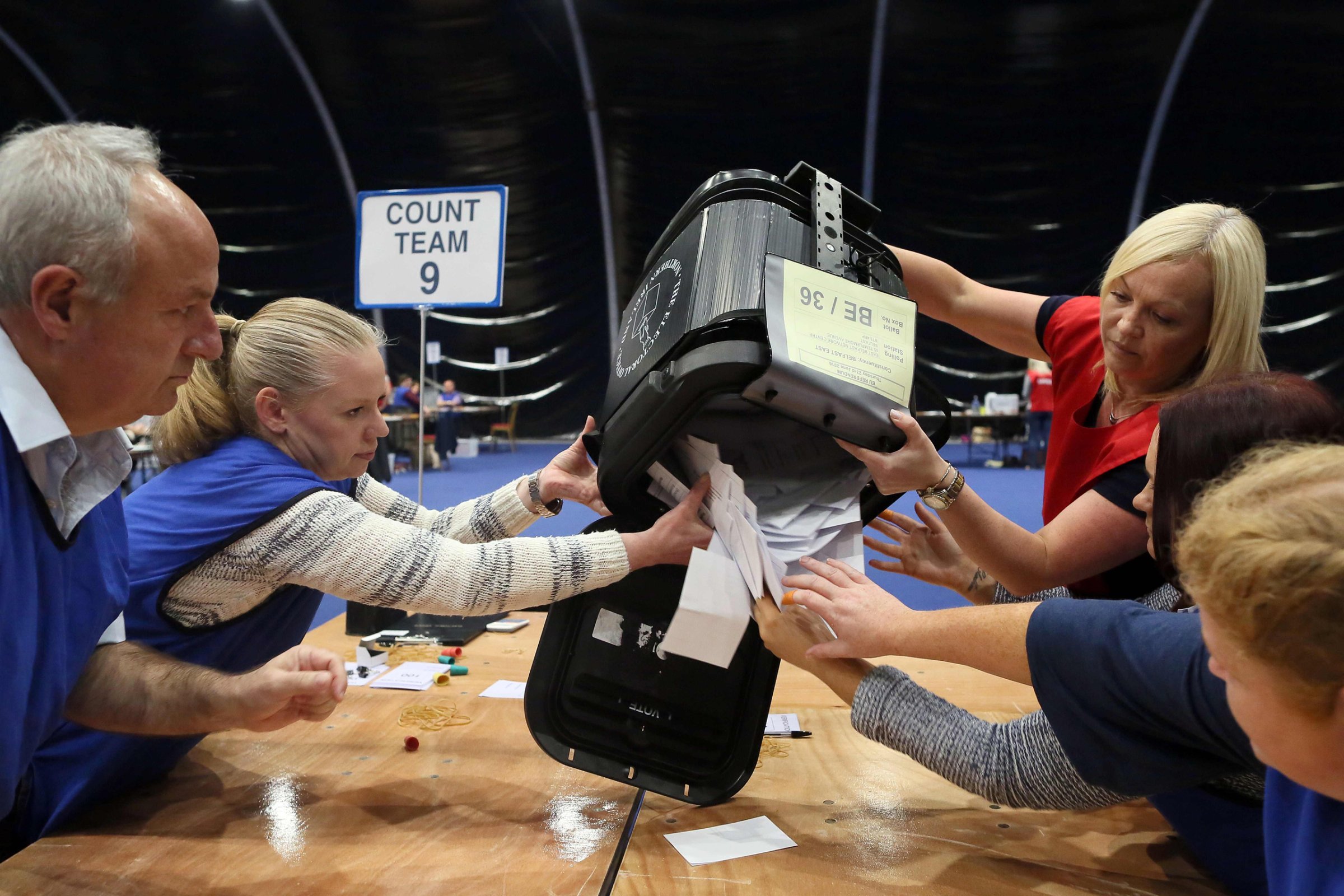
An early Independence Day garden party at the residence of the U.S. Consul in Belfast on Friday was a good occasion for Irish nationalists and Ulster unionists to sound each other out on their reactions to the Brexit vote.
Earlier that day, 52% of voters had called for the U.K. to leave the European Union. Scotland, Northern Ireland and London had voted to stay in the the E.U. but their votes were outweighed by English voters.
The cabaret sang Motown and the guests drank champagne but no one could avoid talking about Brexit and what it means for Northern Ireland and Ireland.
The referendum revealed new divisions in Northern Ireland. Catholic nationalists tended to be in favour of staying in the E.U. but Protestant Unionists were divided.
The First Minister of Northern Ireland Arlene Foster of the Democratic Unionist Party(DUP) campaigned to leave the E.U. Her rival for leadership of that community, Mike Nesbitt of the Ulster Unionist Party pushed to stay in.
Waking Up in a Changed Nation
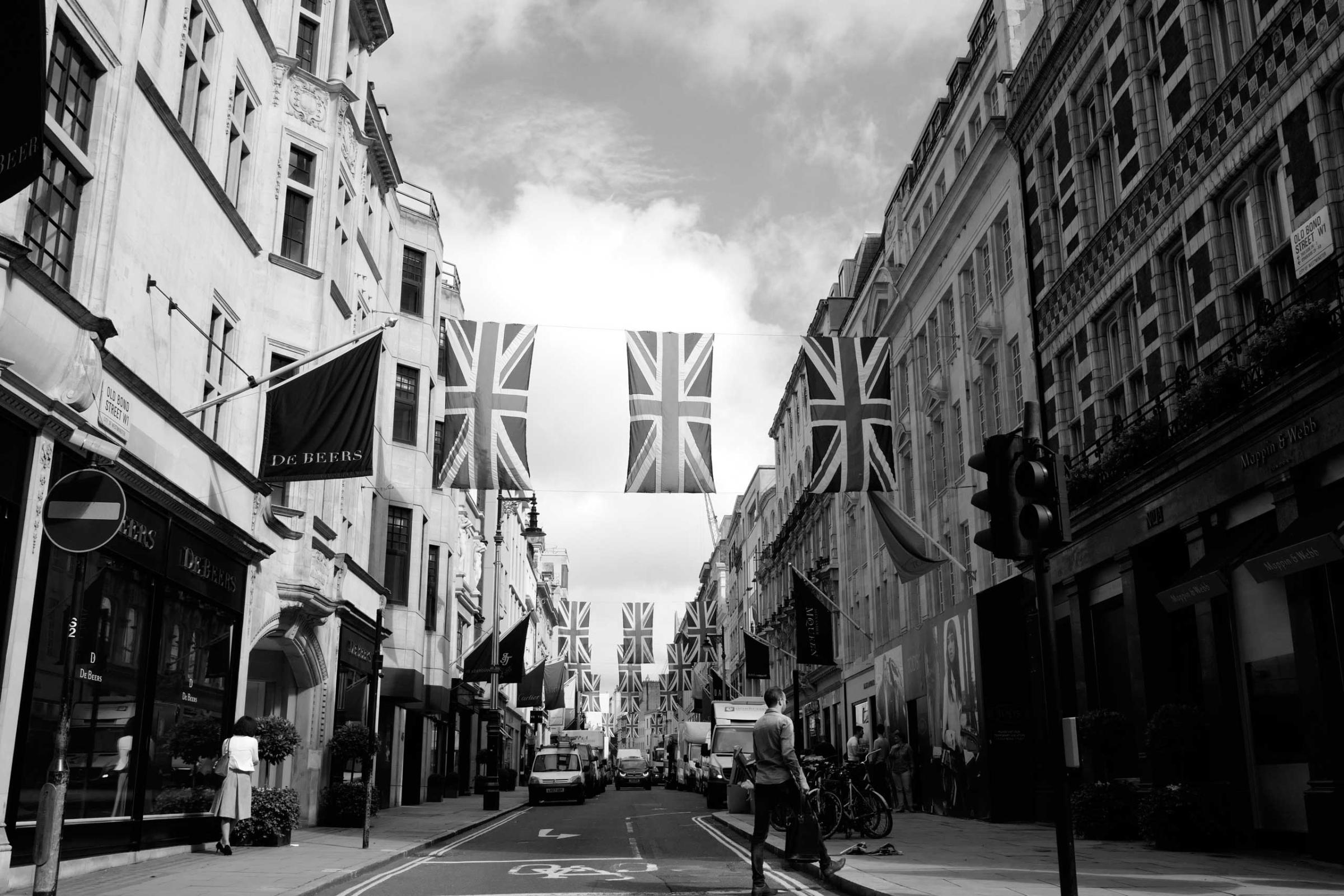

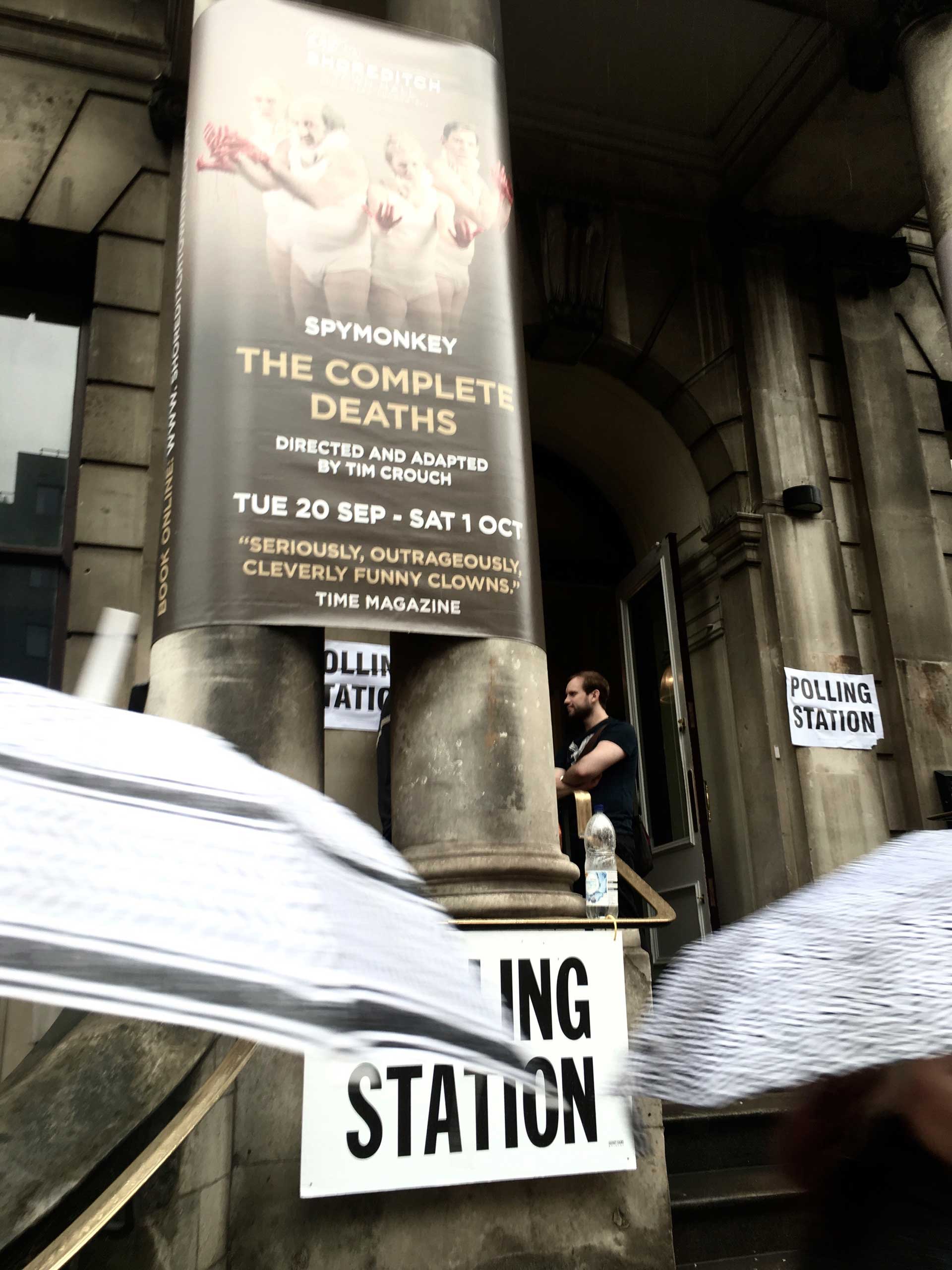




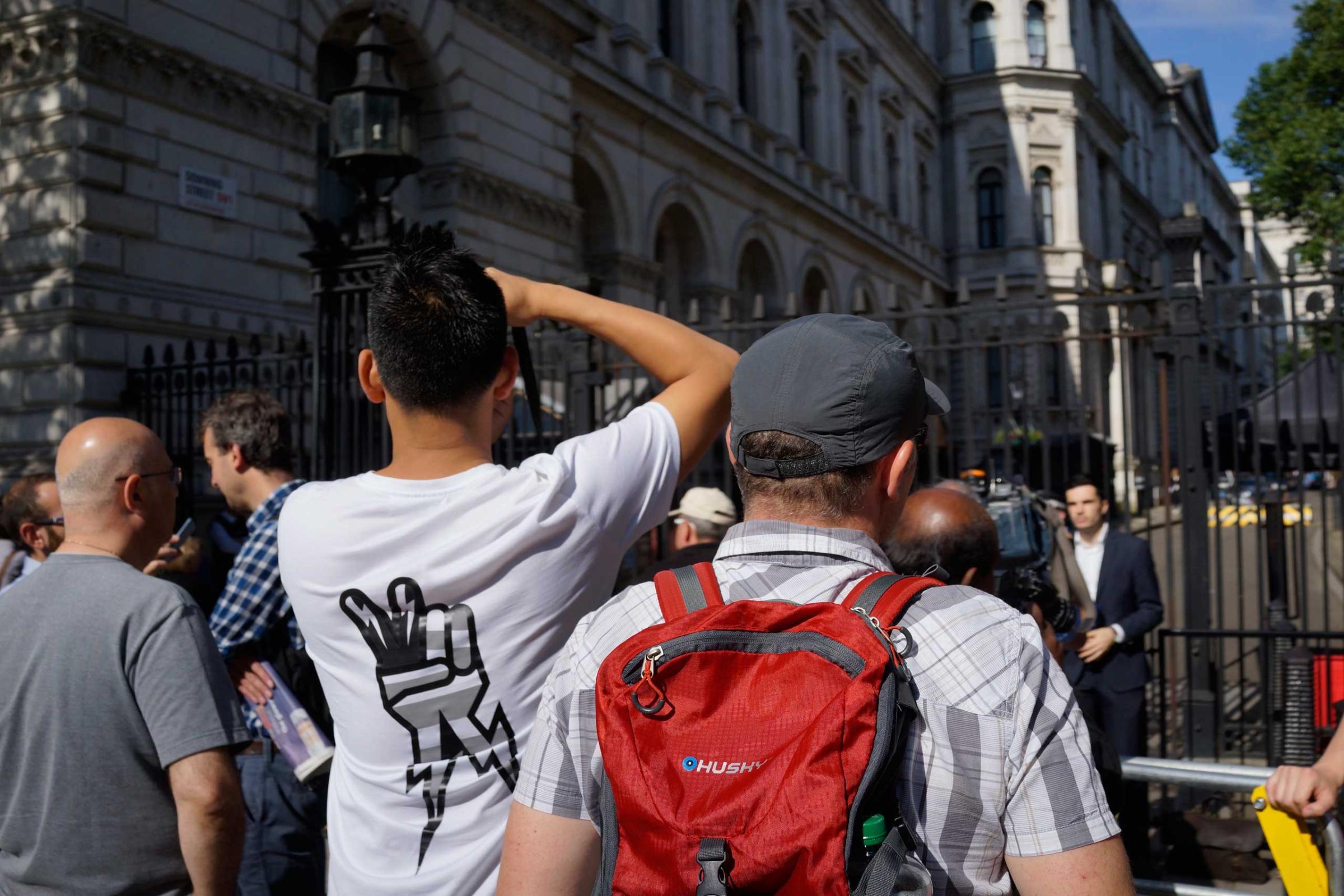
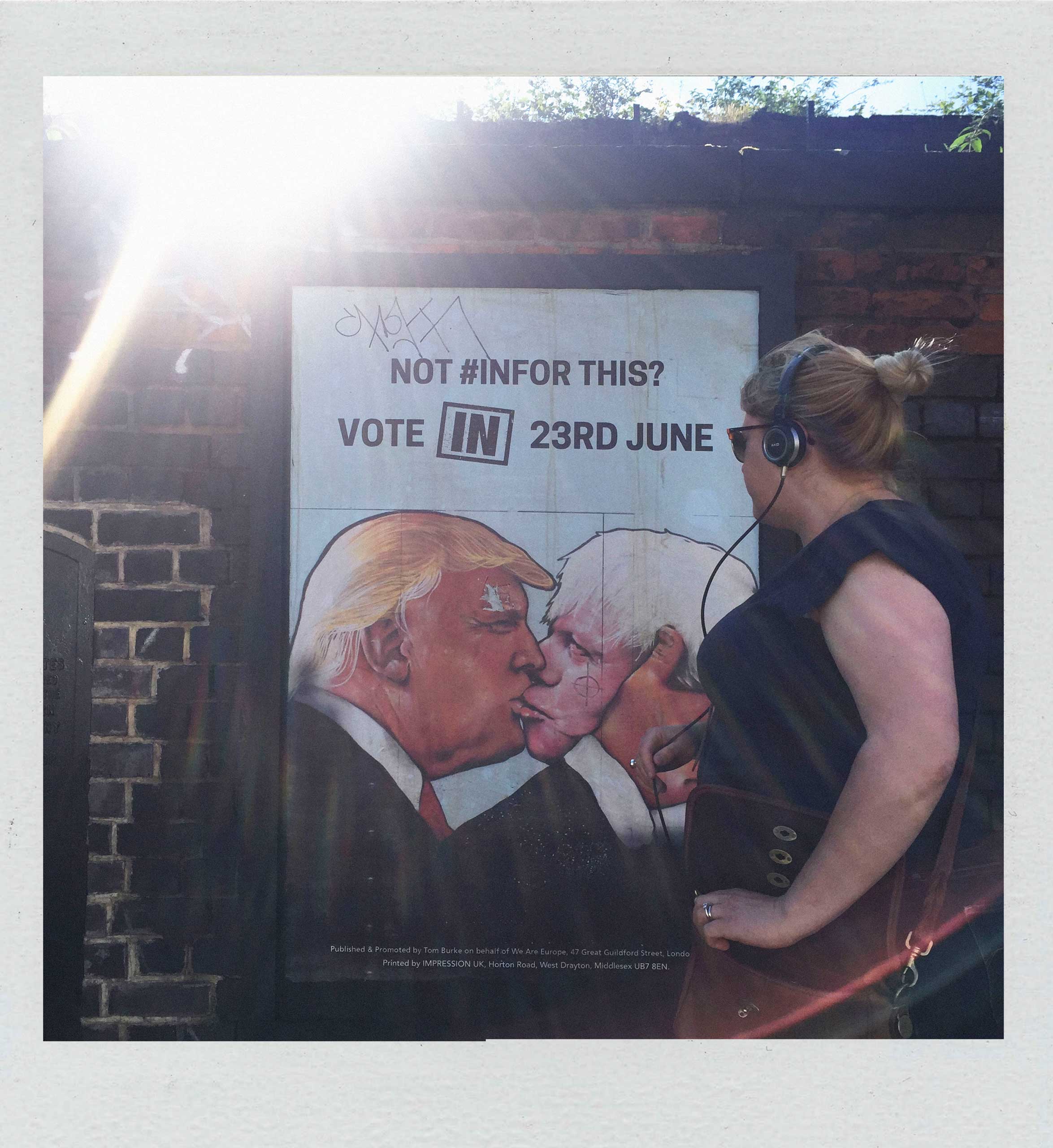
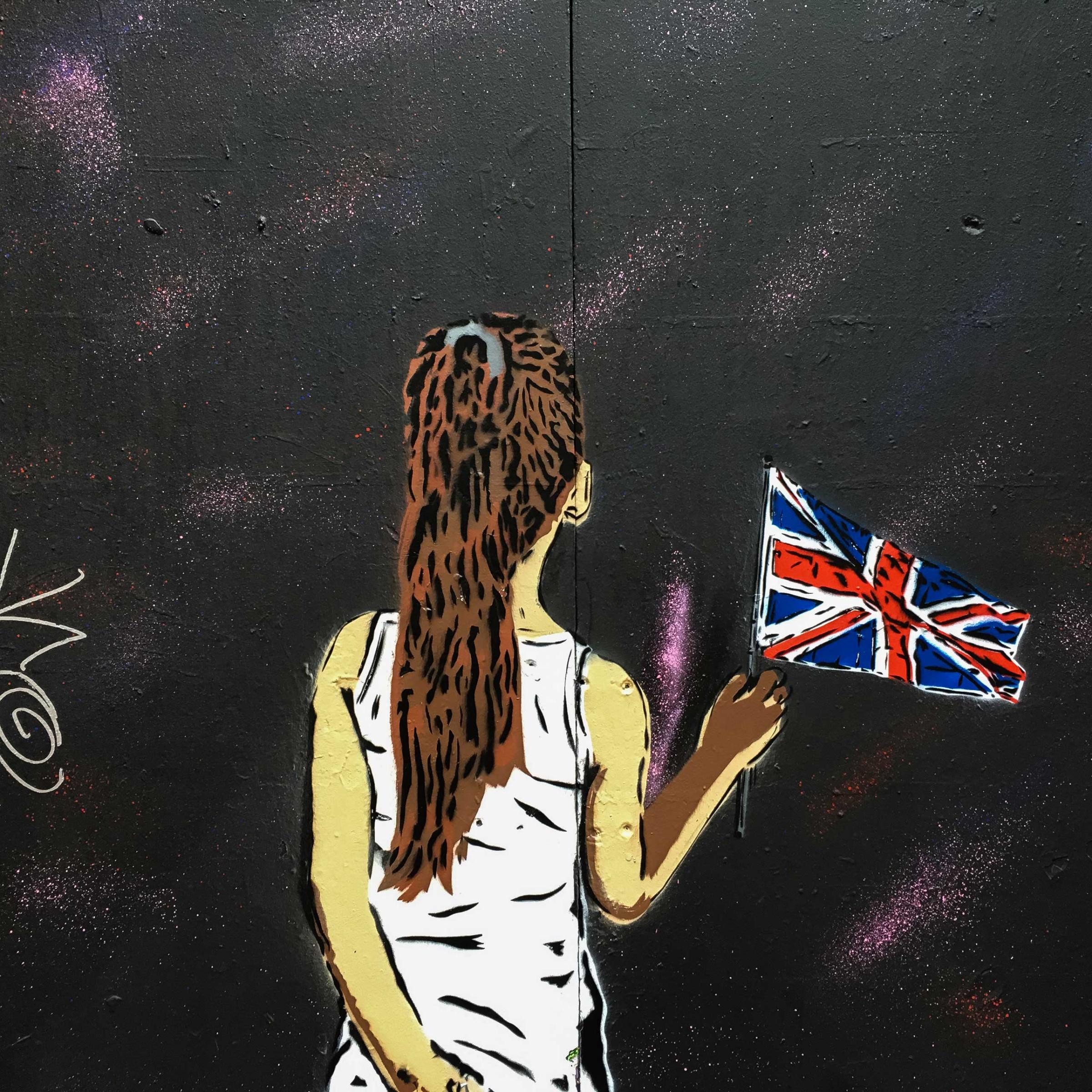
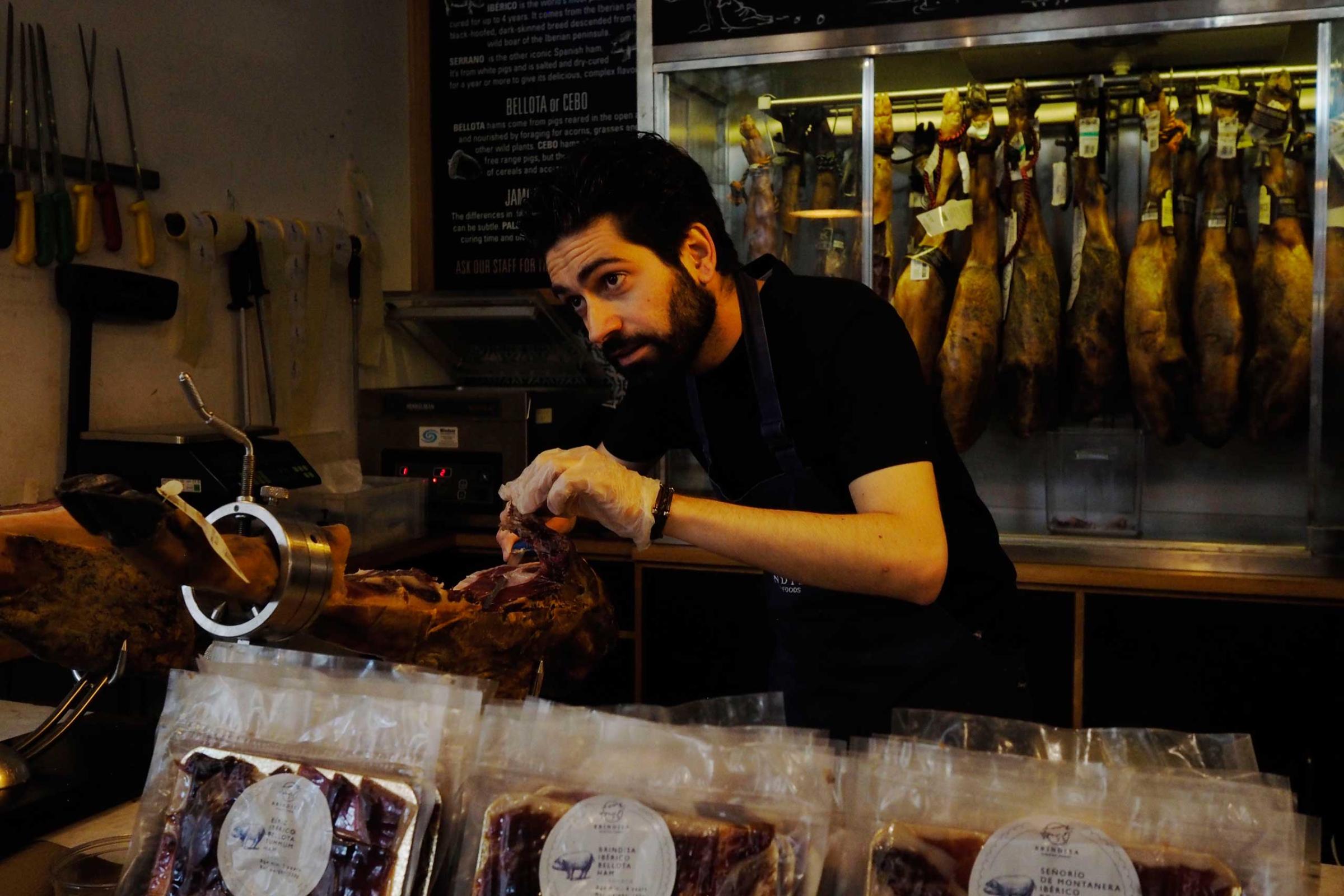
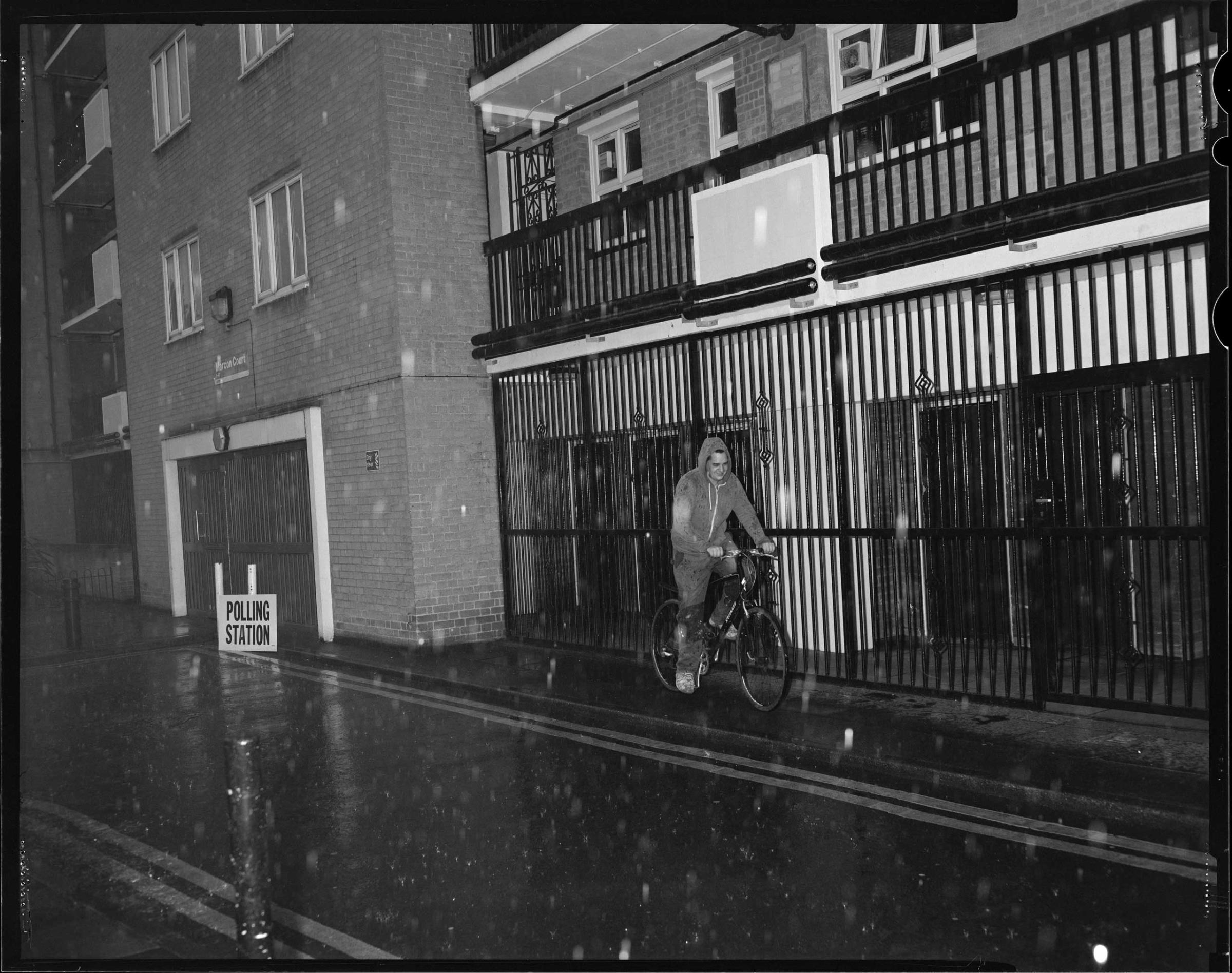
The loss was particularly hard for Catholic nationalists, who are more likely to identify as Irish. Membership of the E.U. has helped suppress desires for the unification of Ireland.
The Republican party, Sinn Fein, which shares power in the Northern Ireland government with the DUP described the contradiction between the Northern Ireland vote and the U.K. as a “democratic deficit.” In a statement issued on Monday, the party said: “English votes threaten to drag Northern Ireland out of the E.U. It is imperative that this democratic deficit is challenged.”
At the garden party, guests huddled to discuss the implications. Some among the unionists were cheerful. The DUP’s Nelson McCausland, a former culture minister, was ebullient on Facebook, “We are now on the road to restoring our national sovereignty, securing our borders and putting the United Kingdom on a better road.”
Other happy unionists included Lord Trimble, the former leader of the Ulster Unionist Party who negotiated the 1998 Good Friday Agreement, which helped bring peace to Northern Ireland. Yet, that Agreement was grounded on E.U. support. The E.U. invested millions in supporting peace in Northern Ireland.
The referendum vote also illustrated that the U.K. was not a union of equals. Worse, the prospect of Scotland leaving the U.K. could make Northern Ireland’s position even more untenable.
Lord Trimble said he was not concerned by that possibility. “It will never happen. Not with oil prices so low,” he says. He conceded that if Scotland did go independent then a united Ireland would be “on the table.”
Thousands of Northern Irish and Britons showed their concerns by applying for Irish passports, which would allow them access to the E.U., if it was denied to U.K. passport holders.
Sinn Fein have responded to the vote by reviving long-quiet calls for a united Ireland. Gerry Adams, the Sinn Fein leader in Ireland told the Irish parliament that the Brexit vote presents an opportunity to continue the process of ending partition and building a United Ireland.
Adams said: “To have one part of the island inside the E.U. and the other side out, makes no sense. We stand by the vote of the people of the North.”
Other nationalists are more tentative. Claire Hannah of the Social Democratic and Labour Party predicts a more evolutionary approach than a “divisive” border poll. She argues that Britain pulling Northern Ireland out of the E.U. would be in breach of the Good Friday Agreement, which was chaired by Senator George Mitchell.
“The principle of consent would be breached by any forced withdrawal from the E.U., putting Irish unity firmly back on the agenda for those who had been prepared to prioritise stability and prosperity,” she says.
First Minister Arlene Foster has rejected calls for Irish unity but the cause of a united Ireland has been revived, not by Irish nationalists and republicans, but English voters, choosing to leave the E.U., without analysing the impact on other parts of the U.K.
The age-old Irish Question has now moved from the political margin to centre stage.
More Must-Reads from TIME
- Donald Trump Is TIME's 2024 Person of the Year
- Why We Chose Trump as Person of the Year
- Is Intermittent Fasting Good or Bad for You?
- The 100 Must-Read Books of 2024
- The 20 Best Christmas TV Episodes
- Column: If Optimism Feels Ridiculous Now, Try Hope
- The Future of Climate Action Is Trade Policy
- Merle Bombardieri Is Helping People Make the Baby Decision
Contact us at letters@time.com